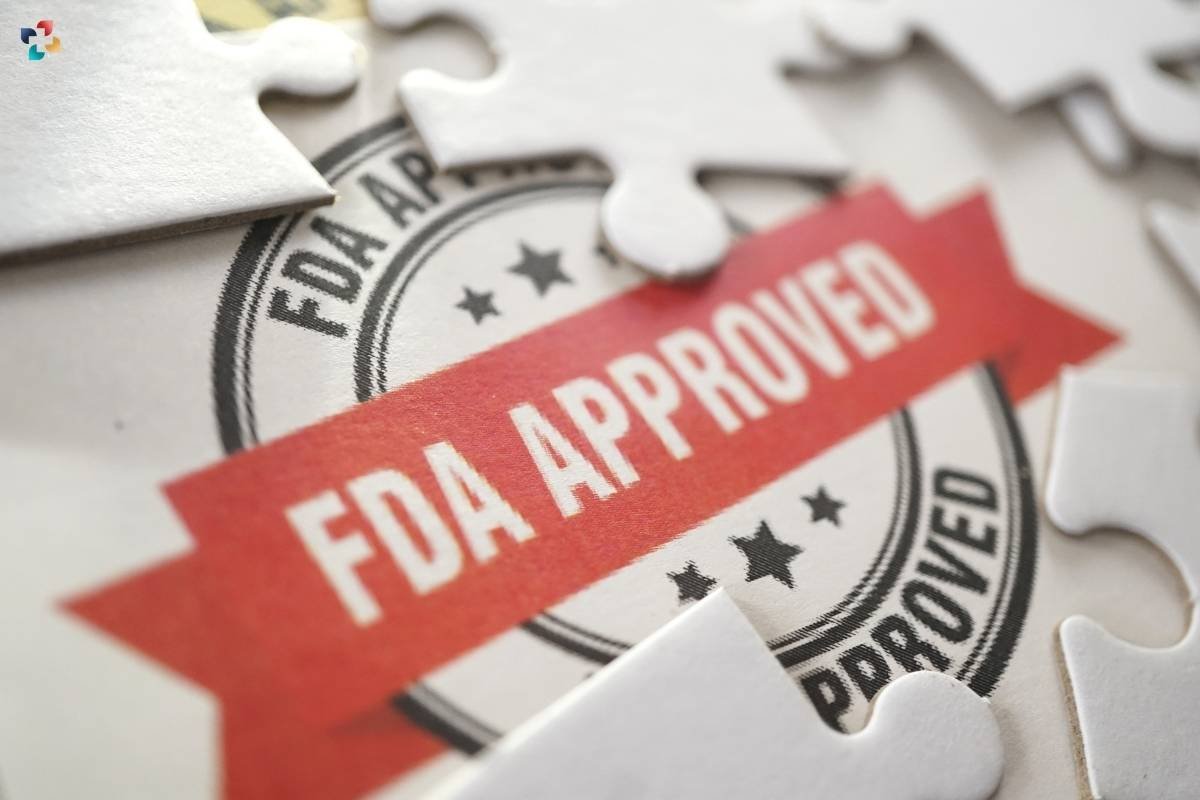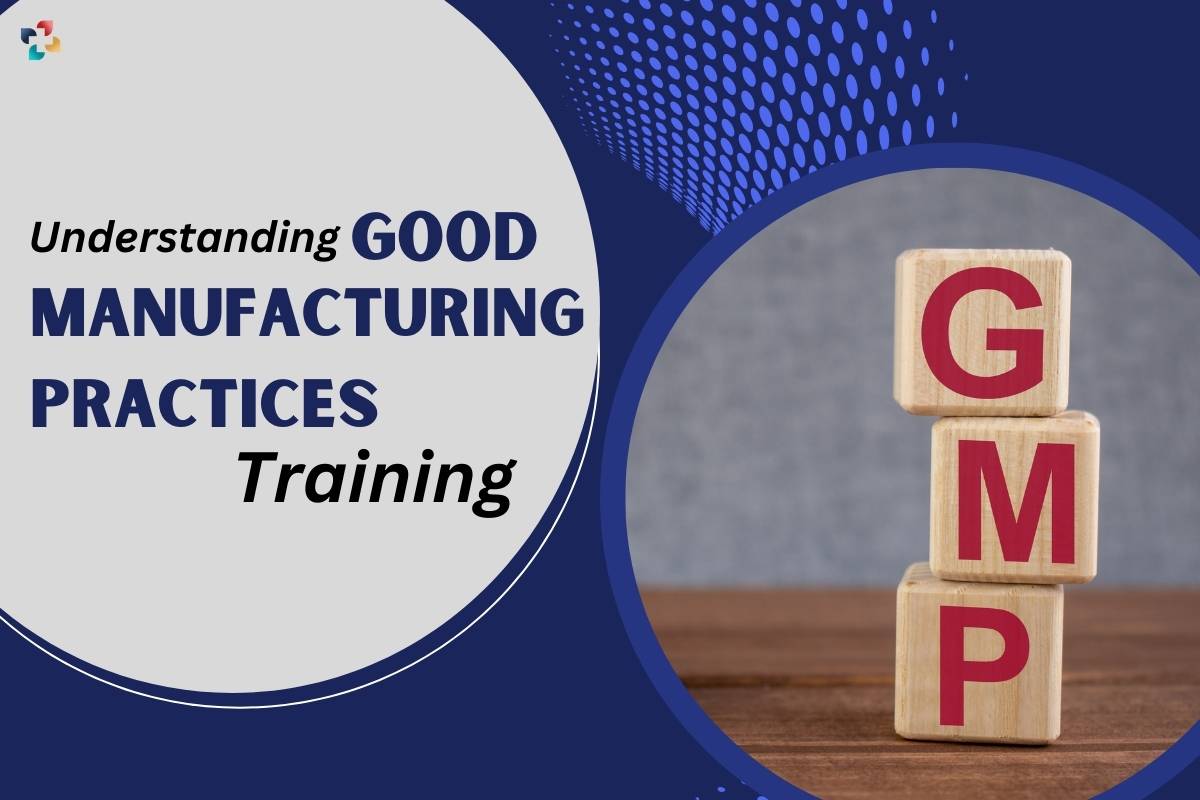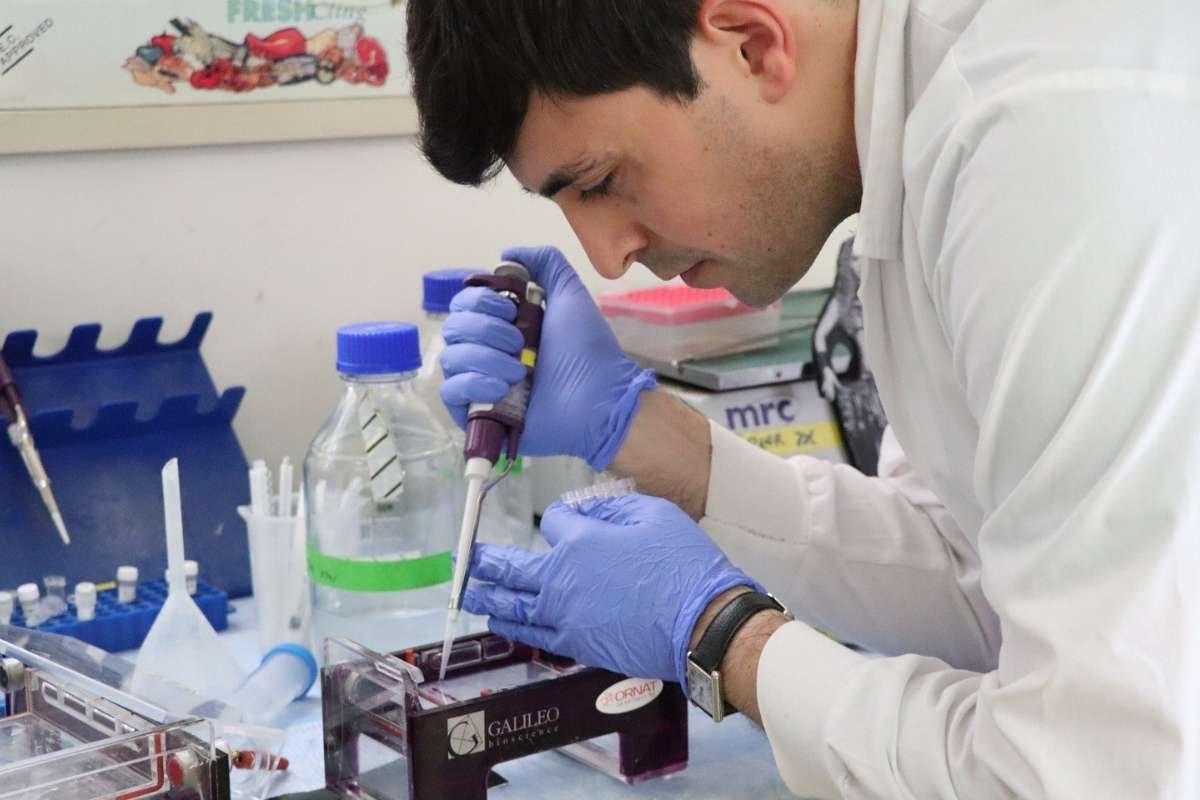Introduction
GMP training is essential for guaranteeing the consistency, quality, and safety of goods in a variety of industries, especially in the food, cosmetics, and pharmaceutical sectors. The goal of this extensive training program is to give staff members the information and abilities they need to follow strict guidelines and specifications. We will examine the value of Good Manufacturing Practices Training in this post, as well as the needs it fills and the prerequisites that must be met for its effective execution.
Importance of Good Manufacturing Practices Training
Ensuring Product Quality and Safety: One of the primary objectives of GMP Training is to uphold product quality and safety. Industries such as pharmaceuticals are highly regulated due to the potential impact on public health. GMP Training ensures that employees understand the critical aspects of manufacturing processes, such as hygiene, equipment maintenance, and documentation, which directly influence the quality and safety of the final product.
Compliance with Regulatory Standards: Regulatory bodies, such as the Food and Drug Administration (FDA) and the European Medicines Agency (EMA), set strict standards for manufacturing processes to safeguard public health. GMP Training is essential for ensuring that manufacturing facilities comply with these regulations. It keeps employees informed about the latest industry guidelines and helps companies avoid legal repercussions associated with non-compliance.

Reducing Product Recalls and Defects: Product recalls can be detrimental to a company’s reputation and financial stability. GMP Training emphasizes the importance of attention to detail and adherence to procedures, minimizing the risk of defects and contamination during the manufacturing process. By instilling a culture of quality and precision, GMP Training contributes to a decrease in product recalls and associated costs.
Enhancing Employee Competence: Well-trained employees are a cornerstone of successful manufacturing operations. GMP Training ensures that personnel are knowledgeable about their roles, responsibilities, and the specific requirements of GMP. This knowledge, coupled with practical skills, empowers employees to execute their tasks with precision, contributing to the overall efficiency of the manufacturing process.
Creating a Culture of Continuous Improvement: GMP Training promotes a culture of continuous improvement within an organization. By instilling the importance of quality and adherence to standards, employees become proactive in identifying areas for enhancement. This proactive approach fosters innovation and ensures that manufacturing processes evolve to meet the ever-changing landscape of industry regulations and best practices.
Needs Addressed by Good Manufacturing Practices Training
Understanding GMP Principles: GMP Training addresses the fundamental need for employees to understand the core principles of Good Manufacturing Practices. This includes knowledge about hygiene practices, documentation, validation, and quality control. By providing a comprehensive overview, employees can align their actions with these principles, creating a foundation for compliance and quality assurance.
Risk Management and Mitigation: Manufacturing processes inherently involve risks, ranging from contamination to equipment malfunctions. GMP Training equips employees with the skills to identify potential risks and implement effective mitigation strategies. This proactive approach is crucial for maintaining product integrity and preventing issues that could compromise quality.
Documentation and Record-Keeping: Accurate documentation is a key requirement of GMP. Training programs emphasize the importance of meticulous record-keeping to ensure traceability and accountability. Employees are trained on the proper methods of documentation, which is essential for regulatory compliance, audits, and tracking of the manufacturing history of each product.

Equipment Handling and Maintenance: Proper handling and maintenance of equipment are critical aspects of GMP. Training programs address the need for employees to be proficient in equipment operation, cleaning, and maintenance to prevent contamination and ensure the reliability of manufacturing processes.
Hygiene and Cleanliness: Maintaining a clean and hygienic manufacturing environment is imperative for GMP compliance. Training programs stress the significance of personal hygiene, cleanroom practices, and sanitation procedures. Addressing these needs contributes to the prevention of product contamination and ensures the production of safe and high-quality goods.
Requirements for Successful Implementation of GMP Training
Customized Training Programs: The diverse nature of industries necessitates customized GMP Training programs tailored to the specific needs of each organization. A one-size-fits-all approach may not be effective, as different sectors have unique processes and regulations. Customized training ensures that employees receive relevant and targeted information that directly applies to their roles.
Regular Training Updates: Given the dynamic nature of regulatory standards and industry best practices, regular updates to GMP Training are crucial. Training programs should be periodically revised to incorporate the latest information and ensure that employees stay abreast of changes in regulations and technological advancements.
Interactive and Engaging Training Methods: To maximize the effectiveness of GMP Training, programs should employ interactive and engaging training methods. Incorporating simulations, case studies, and real-world examples enhances comprehension and retention of information. Interactive training also allows employees to apply theoretical knowledge to practical scenarios they may encounter in their daily tasks.

Management Commitment and Support: Successful implementation of GMP Training requires commitment and support from top-level management. Management should actively endorse the training program, allocate resources for its implementation, and foster a culture that prioritizes compliance and quality. When employees see that management is invested in GMP Training, they are more likely to embrace its principles.
Documentation of Training Records: Maintaining accurate records of GMP Training is essential for demonstrating compliance during regulatory inspections. Companies should establish a robust system for documenting and tracking employee training records, including the content covered, dates of completion, and any relevant certifications obtained. This documentation serves as evidence of the organization’s commitment to GMP principles.
Continuous Evaluation and Improvement: To ensure the ongoing effectiveness of GMP Training, organizations should establish mechanisms for continuous evaluation and improvement. Regular assessments, feedback loops, and post-training evaluations help identify areas for enhancement and allow organizations to adapt their training programs to evolving needs.
Conclusion
Optimal Production Techniques In many different industries, training is a crucial part of guaranteeing the safety, quality, and conformity of products with regulations. Good Manufacturing Practices Training programs help foster a culture of excellence and continuous development by attending to the basic needs of staff members, such as knowledge of GMP principles, risk management, and appropriate documentation.
Customized programs, frequent updates, interactive techniques, management commitment, training record documentation, and a dedication to ongoing assessment and development are all necessary for the successful implementation of GMP training. Adopting GMP principles via efficient training protects a company’s brand and cultivates a quality-conscious culture that permeates the whole manufacturing process.









